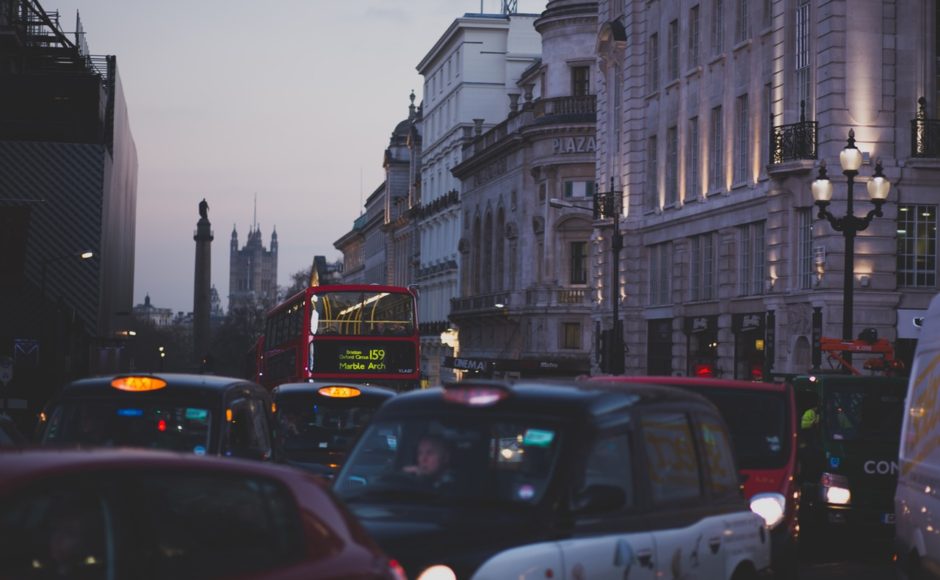One issue facing start-ups is how to take the step from a home-based operation to a staffed office. It is perilously easy to fall into the trap of the law of diminishing returns, as orders do not cover new overheads.
One person with a desk and a computer is a far cry from an outfit which has other employees to pay and a building to maintain. However, in order to grow bigger, such expansion is essential.
For both national and international prestige, a London address is most impressive. As the hub of British commerce, a thriving concern might well want to have a presence in the city. But moving into London, especially from much further afield can be a daunting prospect. This is where calling on the services of one of the many commercial property consultants London has to offer will pay big dividends.
London’s own Silicon Valley
Depending on your business, it can be vital to pick the right area. One area of London that is fast becoming a thriving center for tech start-ups is East London. Some people have even begun to call it Britain’s equivalent of Silicon Valley. Never one to miss out on an opportunity to source upcoming talent, Google UK already has a presence here, with its very own Google Campus. Google is also building a new HQ at Kings Cross, so it is clear the company sees London as a promising site for innovation and talent.
For a digital business, this really is the place to be, not least for the buzzing atmosphere of creativity and the chance to network and bounce ideas around with other like-minded people. These factors can be crucial in fitting in and feeling at home in the right place.
Tech City in East London, which started life known as “Silicon Roundabout” is proof that London business is booming. Start-ups generated £351 million in the last six months of last year. The availability of right business premises for start-ups makes it a wise choice for those with a small team on a tight budget. Almost derelict not so long ago, it has lured in artists to its affordable large warehouse spaces, and in their wake came coffee bars and eateries. The artists were soon followed by gallery owners, and we saw the emergence of a trendy hang-out.
Hipsters come, business follows
Proximity to the city, cheaper rents and a lively atmosphere were a big draw for media and creative types, and after the arts-led drive came the technical geeks. Berg, the company that makes the Little Printer, was one of the first to move into what was then Silicon Roundabout and its CEO speaks highly of the location. He cites the desirability of having people around you who are thinking big thoughts like you are. This is very encouraging for a startup with high hopes. He calls it a neighborhood “for serendipity” where like minds can connect.
Any tech start-up, whether with an app, a new game or an invention would be happily at home in this part of London, UK. Whatever the business, it is imperative to find the right spot for it, and this is where local knowledge and experienced location hunters will serve a start-up superbly.




